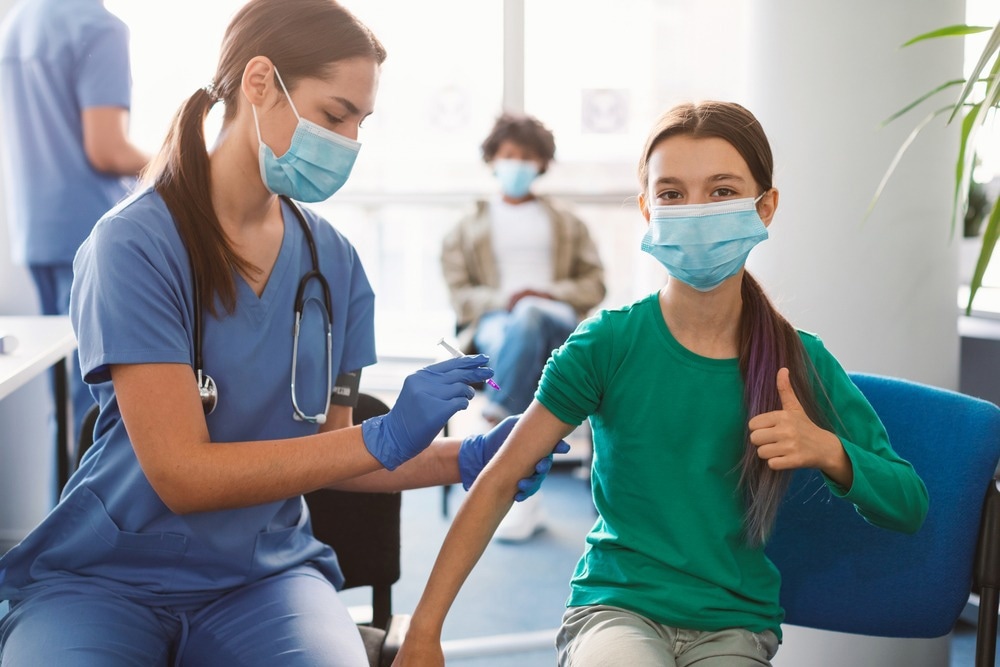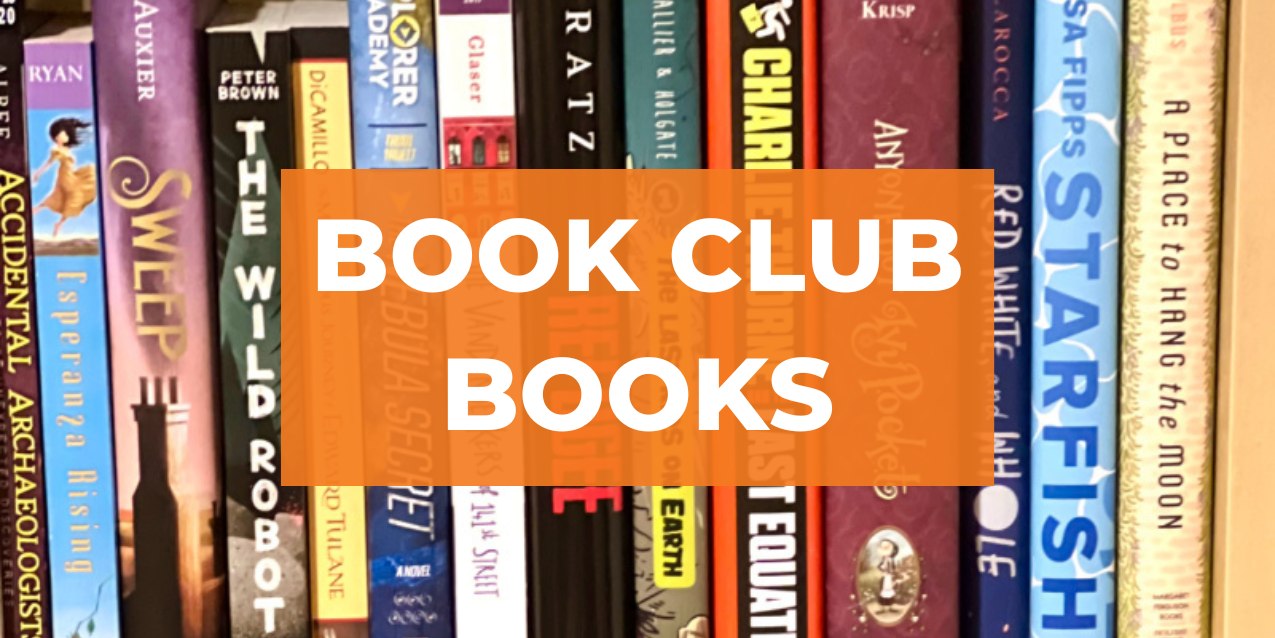For many parents, it’s easy to notice if your child is sitting too close to the TV. But look closer. Are they squinting to see objects far away, or complaining about headaches, too? If so, your child may be struggling with myopia, also known as nearsightedness, which is one of the most common eye conditions. It may be time to take your child to an optometrist for a comprehensive eye exam.
Myopia is a growing epidemic, with rates nearly doubling over the past 20 years.1 While glasses have traditionally been the popular option for kids with myopia, they do not always help kids’ eyes. They can actually be a factor in the progression of myopia over time to high myopia. Fortunately, there are other advanced treatment options, like ACUVUE® Abiliti™ contact lenses, that are specifically designed to help slow the progression of myopia while giving your child more freedom to be, well, a kid.
“I have seen more children diagnosed with myopia at an early age than when I first started practicing. Most parents are not aware of the potential impact of early onset myopia on their child’s future. It’s my job to educate them about these issues and how we can protect their child’s vision over time,” said Dr. Langis Michaud, an optometrist and the director of the school of optometry at the University of Montreal. “Contact lenses for myopic children are usually safe when worn and cared for properly. I consider contact lenses the most effective strategy in myopia management, and they provide children with freedom in their daily activities.”
Here are five things you need to know about myopia and contact lenses for kids, according to Dr. Michaud
Although the term myopia may be new to many parents, recent research estimates that nearly half of the world’s population will be myopic by 2050.1 “There are several factors at play,” says Dr. Michaud. As a parent, if you are nearsighted, your children have a greater chance of developing myopia themselves.2 But genetics is only one of the factors. Lack of exposure to natural sunlight can contribute to the development of myopia.3,4,5 It is recommended to spend at least one to two hours a day playing outdoors to delay or help manage myopia.3,4,5 Use of digital devices and near work are also associated with myopia progression.3,4,5 Limiting screen time to one to two hours a day (outside of school work) and reading at 40 cm and not closer are minimal conditions to not see myopia developing.3,4,5
Nearsightedness may get worse, but it can be controlled
Once present, myopia tends to progress rapidly with natural growth, and if children do not wear appropriate optical devices.6,7,8,9 As nearsightedness increases, the eye stretches and becomes longer. It puts pressure on the internal tissues and structure of the eye. Your optometrist can suggest several strategies to manage myopia evolution with specific glasses and contact lenses. It is important to limit myopia evolution because high myopia is associated with an increased risk of serious eye disease later in life, which may lead to visual impairment and even blindness.1, 10
Myopia symptoms and signs are easy to miss
Many children might not realize they’re struggling with poor vision, which can make it hard for them to communicate the challenges they are having. It can also be easy for parents to miss common symptoms of myopia in children, such as headaches, eye strain and squinting. Consulting your optometrist regularly is vital to detecting any problems early and start children on the appropriate treatment options to protect their long-term eye health. Parents today have more treatment options than ever for their child’s myopia including contact lens options to manage its evolution.
Yes, kids can wear contact lenses
Children’s eyes are very similar to those of adults. Children can be fitted with contact lenses and quality of life improves in children wearing contact lenses, especially when wearing ortho-k lenses, compared to spectacles.11,12,13 Under the supervision of their parents, they quickly learn how to handle and care for their lenses. Not only do contact lenses give them a great opportunity for freedom, but they also help to build their self-esteem tremendously.
Contacts let kids be kids
Your optometrist will discuss with you the contact lens options available, and will determine which treatment is best for your child’s lifestyle and unique needs. This may include soft daily disposable contact lenses or cornea reshaping rigid orthokeratology (ortho-k) lenses to be worn overnight.
For daily wear, ACUVUE® Abiliti™ 1-Day soft lenses are made of a highly oxygen permeable silicone hydrogel material with UV protection and a low modulus for easy handling and comfort. They are specifically designed to correct myopia, but also to help control its progression in children while improving their quality of life.14
In many cases, ortho-k lenses, such as ACUVUE® Abiliti™ Overnight Therapeutic Lenses for Myopia Management, are recommended as the best management option when prescribed and managed by a qualified eye care professional.* These lenses are rigid and are worn overnight while the child sleeps. With the pressure of the tears, these lenses reshape the cornea, generating the optical effects that help control myopia development. For lower myopes, this corneal reshaping allows children to see clearly when they remove the lenses in the morning.15 They can enjoy the freedom of not needing any correction during the day.**16, It is the best option for kids involved in sports, like swimming, or physical activities.12,13
These contact lens options give parents an opportunity to choose what’s best for their child’s lifestyle and let kids be kids. “Children with myopia become like other kids without glasses. They see better, their visual field is wider, and they can see clearly.” Says Dr Michaud.
Get your kids’ eyes examined by a professional
Remember, the most important thing you can do to protect your child’s eye health is to take them for a regular comprehensive eye exam by an optometrist. Ask your doctor if myopia management options like ACUVUE® Abiliti™ Overnight Therapeutic Lenses for Myopia Control and ACUVUE® Abiliti™ 1-Day Soft Therapeutic Lenses for Myopia Management may be right for your child.
Protecting your child’s vision from an early age by visiting an eye care provider can help identify myopia earlier and get your child started in treatment right away. The earlier you start, the greater impact you can have on your child’s long-term eye health.
Visit seeyourabiliti.com to find an eye care professional specializing in myopia management to learn if your child has myopia and what treatment options are available.
Important Safety Information:
ACUVUE® Abiliti™ Overnight Therapeutic (tisilfocon A) Contact Lenses are indicated for use in the control of myopia. They are indicated for overnight wear for the temporary reduction of myopia and should only be disinfected using a chemical disinfection system. As with any contact lens, eye problems, including corneal ulcers, can develop. Some wearers may experience mild irritation, itching or discomfort. These lenses should not be prescribed if patients have any eye infection, or experience eye discomfort, excessive tearing, vision changes, redness, other eye problems, or if patients have any allergy to any ingredient in a solution which is to be used to care for these lenses. Complete information is also available from Johnson & Johnson Vision Care, Inc. by calling 1-877-334-3937, option 4, or by visiting www.seeyourabiliti.com.
Important Safety Information:
ACUVUE® Abiliti™ 1-Day Soft Therapeutic Lenses for Myopia Management are available by prescription only for the correction of myopia (while the lenses are worn) and may slow the progression of myopia in children (7-12 years old). As with any contact lens, eye problems, including corneal ulcers, can develop. Some wearers may experience mild irritation, itching or discomfort. These lenses should not be prescribed if patients have any eye infection, or experience eye discomfort, excessive tearing, vision changes, redness, other eye problems. Due to the intended optical design of these lenses for the purpose of reducing the patient’s prescription change, these lenses will provide vision correction while worn, but the vision quality may not be as clear as with conventional soft contact lenses. Patients should exercise extra care if performing potentially hazardous, vision demanding activities. Complete information is also available from Johnson & Johnson Vision Care, Inc. by calling 1-877-334-3937, option 4, or visit www.seeyourabiliti.com.
© Johnson & Johnson Vision Care Inc., 2023. All rights reserved.
* JJV Data on File 2021. IQVIA, using the ProVoice Survey, fielded to 576 Optometrists from June 1, 2021 to June 30, 2021, and substantiated with 95% statistical significance.
** Reducing refractive error up to 4.00D (sphere product) and up to 5.00D and up to 3.50D of astigmatism (toric product).
† Utilizing a smaller lens diameter designed to fit the smaller anatomical features of a pediatric population (aged 7-12).

 PARENTING TIPS
PARENTING TIPS PREGNANCY
PREGNANCY BABY CARE
BABY CARE TODDLERS
TODDLERS TEENS
TEENS HEALTH CARE
HEALTH CARE ACTIVITIES & CRAFTS
ACTIVITIES & CRAFTS


